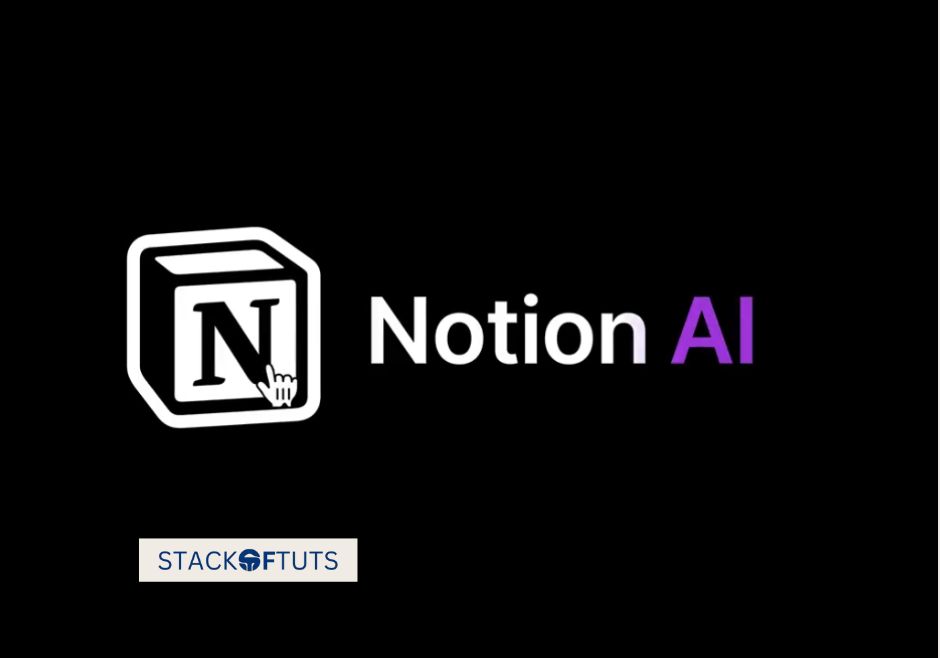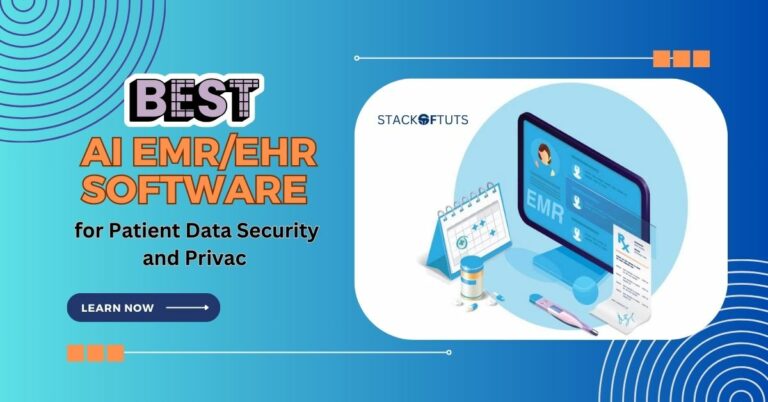
In recent years, artificial intelligence (AI) has made significant inroads into various sectors, dramatically transforming how we work, communicate, and learn. One area that has seen a remarkable blend of AI is the field of literature. This piece delves deep into the 10 best AI-free tools for literature, exploring their features and the purposes they serve for writers, researchers, and literature enthusiasts.
What is AI?
Artificial intelligence, commonly abbreviated as AI, refers to the capability of machines to mimic or replicate certain facets of human intelligence. By leveraging algorithms, computational power, and large datasets, AI can perform tasks ranging from data analysis to content creation, making work more efficient and often more accurate.
What are AI tools for literature?
AI tools for literature are specialized software or applications that utilize AI technology to aid in literary tasks. These tasks can range from content creation, editing, and summarization to research and data collection.
For a complete guide also read about Artificial intelligence used in Education dive into this link for exclusive insights and captivating discoveries!
List of the 10 best AI-free tools for literature
Here is a list of the 10 best free AI tools for literature:
- ChatGPT
- Notion AI
- Scalenut
- QuillBot
- Wordtune
- Consensus
- Mendeley
- Research Rabbit
- Semantic Scholar
- Writerly
1. ChatGPT

OpenAI created ChatGPT, an advanced conversational AI. It’s designed to generate human-like text responses based on the prompts, making it a versatile tool in numerous applications, including literature.
How do I use ChatGPT for literature?
Writers can engage with ChatGPT by feeding it prompts or questions. For instance, if you’re struggling with a character’s dialogue or need ideas for a plot twist, you can consult ChatGPT for inspiration.
Benefits of using ChatGPT for literature:
- Overcome writer’s block with fresh ideas.
- Enhance dialogues and narratives.
- Brainstorm plots and characters.
Notion AI

Notion AI isn’t strictly an AI tool. Instead, Notion is a comprehensive note-taking and organization application this is the best tool to add to in 10 best AI-free tools for literature. AI components are integrated to enhance the user experience and productivity.
How do I use Notion AI for literature?
Literature enthusiasts can create dedicated pages for character development, plot outlines, and research notes. The tool’s flexibility lets writers structure their workspace however they see fit.
Benefits of using Notion AI for literature:
- The streamlined organization of literary elements
- Efficient tracking of drafts and edits
- Collaboration with other writers.
3. Scalenut

Scalenut is an AI-powered content creation and optimization platform, that enhances the SEO and overall quality of written content.
How do I use Scalenut for literature?
While traditionally used for SEO content, writers can employ Scalenut to identify keyword opportunities and optimize their online literary articles or blogs for better visibility.
Benefits of using Scalenut for literature:
- Improved online visibility of literary works.
- Enhanced reader engagement
- Streamlined content optimization
4. QuillBot

QuillBot is an AI writing and paraphrasing assistant. It helps in rewriting or rephrasing content while maintaining the original message.
How do I use QuillBot for literature?
For refining drafts or rephrasing certain passages, writers can input their text into QuillBot to receive alternative suggestions.
Benefits of using QuillBot for literature:
- Enhance textual clarity.
- Avoid repetition in narratives.
- Improve the overall language flow.
5. Wordtune

Wordtune is an AI-powered writing companion, that offers real-time suggestions to make your sentences sound more natural and engaging.
How do I use Wordtune for literature?
As you write, Wordtune can provide alternative sentence structures or phrasings to improve readability and engagement.
Benefits of using Wordtune for literature:
- Craft more engaging prose.
- Achieve a clearer expression of ideas.
- Refine language and style.
6. Consensus

Consensus is geared towards document automation and intelligence, often used for contract generation and management.
How do I use consensus for literature?
While not a literary tool, authors can use consensus for tasks like managing book contracts or rights agreements.
Benefits of using consensus for literature:
- Efficient document management
- Streamlined contract generation
- Enhanced document security
7. Mendeley

Mendeley is an academic reference management tool combined with a social network, aiding researchers in organizing studies and collaborating with peers.
How do I use Mendeley for literature?
Authors and researchers can catalog literary sources, store research, and even share their findings with a community.
Benefits of using Mendeley for literature:
- Effective organization of references.
- Easy citation management
- Collaboration with a global community of researchers
8. Research Rabbit

Research Rabbit is a tool geared towards assisting in comprehensive research, providing users with in-depth information on various subjects.
How do I use Research Rabbit for literature?
Writers can input topics or queries to gather detailed insights, helping them craft well-informed narratives.
Benefits of using Research Rabbit for literature:
- Access to thorough research.
- Improved accuracy of literary content
- Time-saving research process.
9. Semantic Scholar

Semantic Scholar is an AI-driven research tool that acts as a search engine for academic research.
How do I use Semantic Scholar for literature?
Literature enthusiasts can use it to locate academic papers, articles, and studies related to their subject of interest.
Benefits of using Semantic Scholar for literature:
- Rapid discovery of relevant literature.
- Access to a broad database of academic content.
- Enhanced research productivity
10. Writerly

Writerly is an AI-enhanced writing assistant designed to offer corrections and suggestions to writers throughout their writing process.
How do I use Writerly for literature?
Authors can employ Writerly in real-time as they draft, refining grammar, style, and coherence.
Benefits of using Writerly for literature:
- Improved grammar and spelling.
- Enhanced narrative flow and structure.
- Real-time writing assistance.
These tools can help you with various tasks, such as:
- Generating ideas
- Conducting research
- Writing essays and articles
- Paraphrasing and summarising text
- Checking for plagiarism
- Citing sources
The Future of AI Tools for Literature

With continuous advancements in AI, the future looks promising. As these tools become more sophisticated, we can anticipate even more accurate research capabilities, nuanced content creation, and innovative ways to interpret and understand literature.
AI tools have the potential to revolutionize the literature field in the future. They can assist human writers in creating novel and diverse literary works, as well as provide feedback and suggestions to improve their writing skills. They can also read and enjoy literature as a form of entertainment or education, and they can analyze texts from various perspectives and domains.
However, AI tools also pose some challenges and risks for literature, such as ethical, legal, and social issues, as well as the impact on human creativity and identity. Therefore, it is important to use AI tools responsibly and critically in literature.
FAQs
Yes, while many have premium versions, they offer free versions or features that can be beneficial for literature enthusiasts
While AI tools are powerful, they’re designed to assist human writers, not replace them. The creativity and unique perspective of the human mind remain unmatched.
These tools are highly accurate, but they always cross-reference information and ensure any research conducted is thorough.
No, these tools are designed to be user-friendly and do not require users to have any prior knowledge of AI.
Conclusion
The 10 best AI-free tools for literature are revolutionizing the literary arena, offering writers a suite of resources previously unimagined. With AI’s continuous evolution, the future of literature is poised for more transformative changes. Embracing these tools can greatly benefit literature enthusiasts, enabling them to produce content that’s not only captivating but also thoroughly researched and refined.
Thanks!





